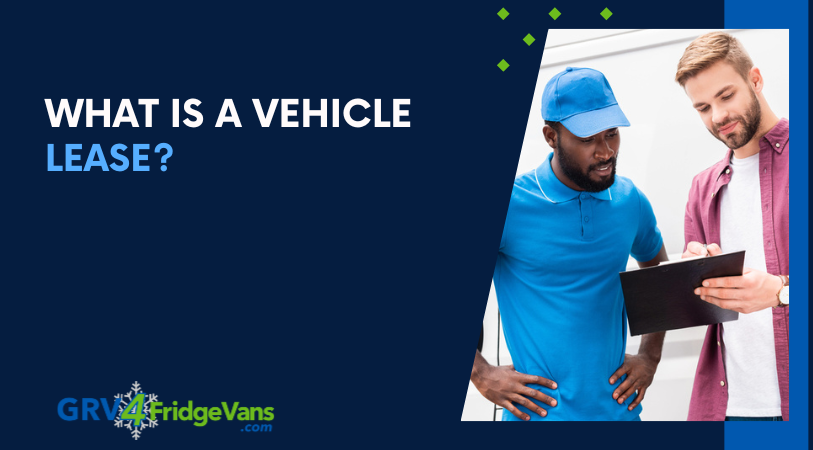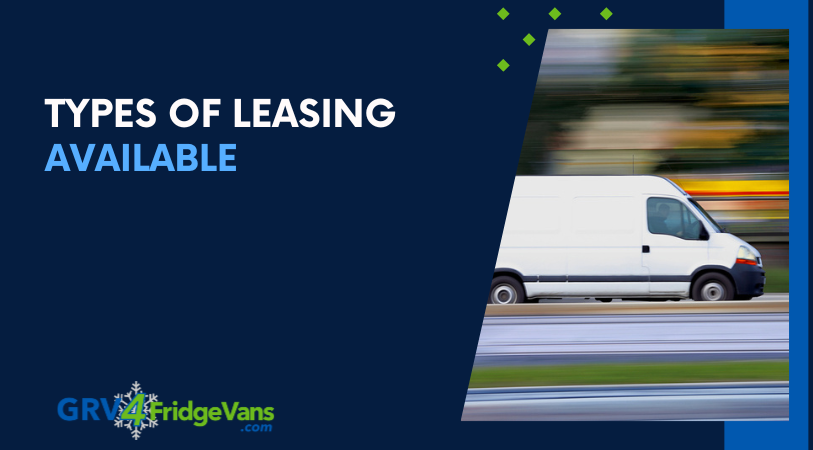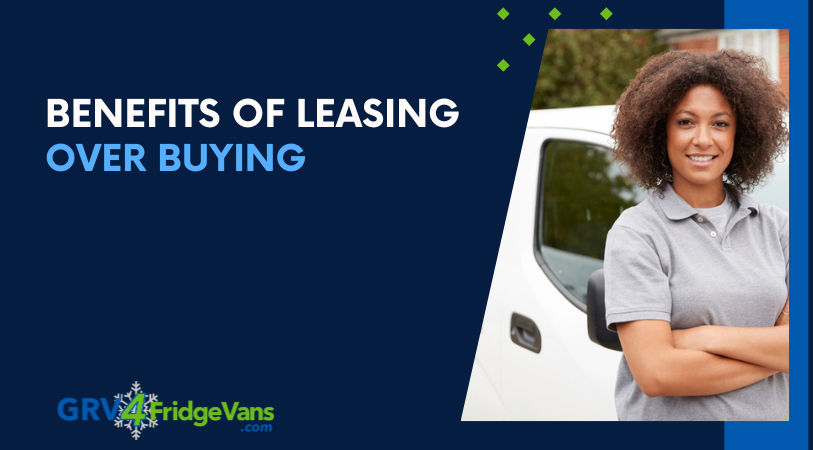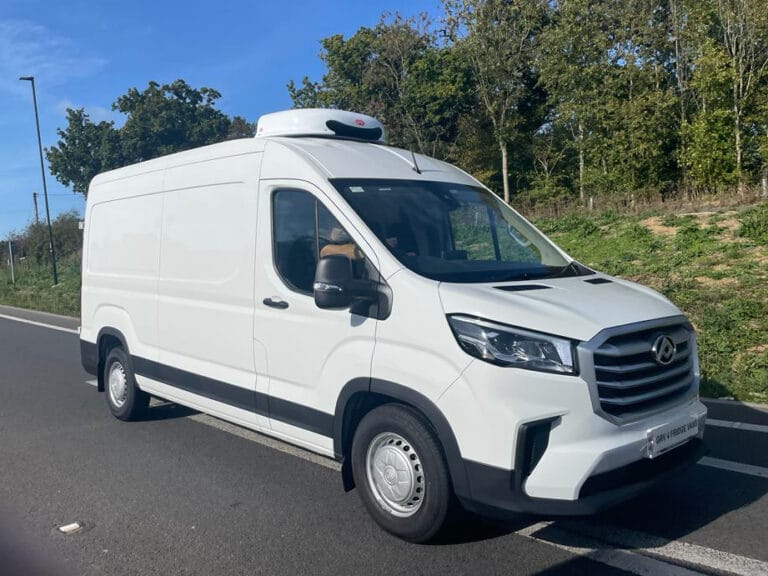Leasing a van could be the best thing you do for your business, but before you can reach the point where you get to reap the benefits, you first need to find the right lease for your needs.
Choosing your lease agreement can be an uphill struggle if you aren’t familiar with the process. And the vast majority of customers aren’t familiar with the process.
With this in mind, we’ve created this short guide to help you to understand the process for leasing a fridge van so that you can move forward with confidence. From this informed position, you can make a decision that is right for your business and will help to propel you forward.

What is a vehicle lease?
Leasing helps businesses to access the vehicles they need without the upfront cost. There are different types of leasing available, including those that allow you to purchase the vehicle over a long period, and those where you simply pay for access to the vehicle for the duration of your agreement.
A vehicle lease will typically take place over a period of one to five years. You will typically have to pay a deposit for the lease, which will be a percentage of the original value of the vehicle. Your lease payments will then be taken in equal monthly instalments.
If you miss a payment, the leasing company will be able to take repossession of the vehicle and end your agreement, so it’s vital that you make sure you have the working capital to cover the costs of the lease.
You don’t own the vehicle for the duration of the lease, and your ability to continue using it rests on making your payments on time every month.
Leasing is popular as a way to spread the cost of running a vehicle. You don’t have to pay the total cost of the vehicle upfront, so it can free up funds for other operational costs. It also protects businesses against depreciation, which is the value lost over time.
This type of arrangement can enable business owners to access far more modern vehicles than they would be able to afford if they were to buy them outright. Today, this typically means accessing electric vehicles, which can offer tax benefits, lower operational costs and will also work around ULEZ zoning requirements.

Types of leasing available
There are three main types of lease available. These are:
Hire purchase: With this type of lease, the lease payments add up to the total of the vehicle value. At the end of the lease period, there is an option to make one final payment to own the vehicle. This can mean higher monthly payments, but it also means that the vehicle will be yours at the end.
Contract hire: With this type of agreement, you don’t own the vehicle and you won’t own it at the end. You are simply paying to be able to use the vehicle. This can be cheaper than a hire purchase, and there won’t be a lump sum payment at the end.
Finance leasing: The third kind offers a mixture of the first two. It is essentially a loan for the cost of the vehicle, which means that you’ll own the fridge van at the end of the lease period. You will pay interest on the loan and this will be factored into your monthly repayments. Your credit score will be taken into consideration when determining the interest rate, which could make this a more expensive way to access funding.

Benefits of leasing over buying
For startups and established businesses alike, there are many benefits to choosing to leave a vehicle over purchasing outright. These include:
- Access to a range of modern vehicles that might be otherwise outside of your budget.
- Predictable monthly repayments that make it easier to plan for expenses.
- Maintenance and servicing is often included, to keep your van in top working condition.
- Tax benefits are available when you choose to lease a van rather than purchase.
- The cost of depreciation doesn’t fall on your shoulders.
The process of leasing a refrigerated van
If you’re interested in leasing a van, these are the general steps that you will need to take:
- Determine your budget by working out how much you can afford upfront and how much you can afford each month.
- Choose a vehicle that is within your budget.
- Choose the type of financing that works best for your business.
- Check your credit score to see if there are any mistakes on your record that might make it difficult to access credit.
- Apply for your chosen finance product and wait to see if you have been accepted.
- Receive your vehicle and start expanding your business.
At the end of the leasing period, you will either renew the lease, take on a new vehicle, return the vehicle or make a final payment to purchase the vehicle.




